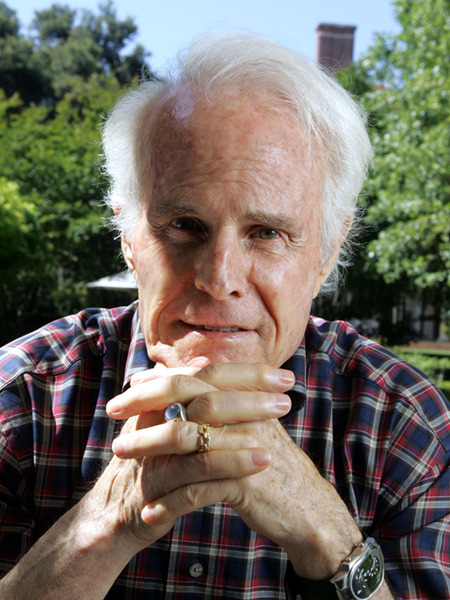HELLO AMERICA!—I suppose I should be flattered to receive so many letters for advice and help from so many readers out there but I must admit I have learned just as much from them down through the years. After all, let’s face it most of us grew up in small towns and communities scattered throughout the country being challenged in every way possible to survive. Most recently I received a message from a young pianist, Tony Collenbach (Boalsburg, PA) who read my book, “Hollywood Through the Back Door” and shaken by my experience with the KKK during my freshman year in Richmond, Indiana wanted to know how such an experience affect me emotionally from that point.
First of all, it was a living nightmare; one which forced me to examine everything around me making sure I wasn’t dreaming, especially the bombing of my dorm room. I remember experiencing the sudden urge to run and hide somewhere, but in reality there was no place which represented safety or security. My body began to shake, so much so, I could barely swallow, breathe or even feel the touch of a few of my class buddies who attempted to make me feel secure. When my escape was planned which involved the truck of a truck, arranged by the Dean of the college to get me to the Greyhound Depot, there were moments when I wondered if we would make it there.
When finally making it on the Greyhound, I sat in my window seat while my whole life punctured through each moment. While watching fields of fruit trees, ham shire hogs, small barns and buildings, a flash back of my life in Morton, PA., living with an abusive father, struggling to be myself, determined to follow a path of my own choosing punctured through. My dad’s dream was to become another Joe Lewis, world champion boxer, but when I was born, that dream diminished very quickly.
Hollywood, admittedly was a tremendous challenge, as well, I had to face the reality I grew up reading about in books written by Chaucer, Hemingway or Scot Fitzgerald was not a world in which I might experience the same excitements or opportunities described by those notable authors. My new world was one of serious restrictions and invisible indications I might only enter from a certain place or even enjoy what it offered by sitting, speaking or even recognized from a certain servant position. I was forced to remember how Bill Robinson, Butterfly McQueen, Willie Best, Woody Strode or Dooley Wilson realized their respective dreams. Observing this reality, I could not, would not follow in the footsteps of these wonderfully, talented people who believed the only choice was to accept menial servant type image roles in the film industry during that period of the 1950s.
Remembering all the sessions I had with my Afro American early teachers and later with several white teachers and professors discussing the likes of artists such as Paul Robeson, Lena Horne, Art Tatum and so many other brilliant artists, in no way would I accept a position which continued an image of a servant whose only respected place in life was to “smile” and keep people laughing.,
Following my signing with Fox as a PR director (first Afro American at that studio prompted by Bette Davis) During a celebration lunch with studio head Richard Zanuck Jr. who suddenly put down his cup of coffee, smiled and said, “You should never forget who you really are. That’s how you make it in this business.” I was quite amused and smiled and pointed my finger as if chastising a small innocent child replied, “Richard, I believe it might be even more important or necessary that YOU remember who I really am.”






